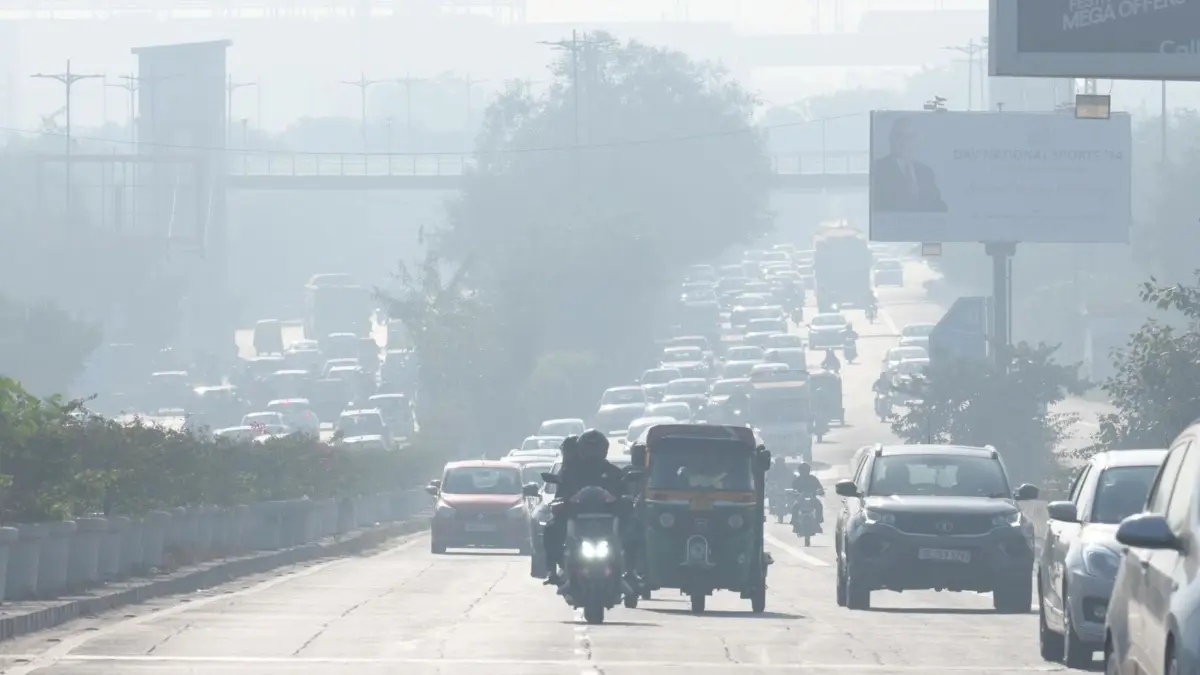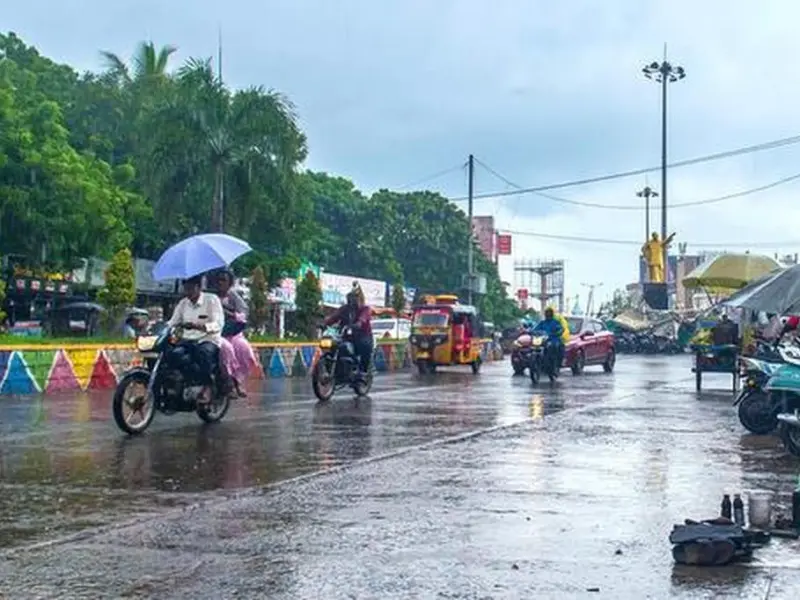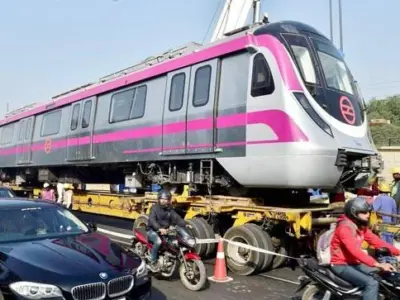While there is a complete ban on non-essential construction and demolition activities, motorists in the city should also take note. Petrol-powered vehicles that do not meet BS 4 norms are banned from entering the National Capital Region (NCR), which includes Delhi, Gurugram, Ghaziabad, Faridabad, and Gautam Buddha Nagar. Emissions from vehicles, especially those over a certain age limit, significantly contribute to overall air quality levels.
Delhi Steps Up for Clean Mobility
Delhi aims to become the electric capital of the country. While CNG (compressed natural gas) vehicles are common, electric vehicles (EVs) are gaining traction. Various subsidies and schemes have been introduced to promote EV adoption, primarily benefiting electric two-wheelers. As of July this year, there are 1,970 electric buses operating in the capital.
Although CNG vehicles emit fewer pollutants, EVs are considered a game changer due to their zero emissions. Delhi has previously implemented an odd-even traffic rationing system that exempts EVs, further encouraging their use.
Are Cars Responsible for Delhi’s Pollution?
The debate continues over the extent to which vehicles contribute to Delhi’s pollution. Despite the highest vehicle density in the country, many peripheral roads mitigate the impact on the city. A recent study by the Center for Science and Environment indicated that local sources, including vehicle emissions, significantly affect pollution levels, alongside stubble burning and industrial activities.
During winter months, the Air Quality Index (AQI) in Delhi often peaks, typically falling within the ‘Poor’ category. According to the World Health Organization, PM2.5 levels above 150 are considered unhealthy.
Stay informed about upcoming cars, electric vehicles, and innovations shaping the automotive landscape in India.
Follow DelhiBreakings on Google News
Summary at glance
While non-essential construction and demolition are banned in the National Capital Region (NCR), petrol-powered vehicles failing to meet BS 4 norms are also prohibited. Delhi aims to become India’s electric capital, promoting electric vehicles (EVs) as zero-emission alternatives, alongside CNG vehicles. Despite debates on vehicle contributions to air pollution, a study indicates local sources, including vehicle emissions and stubble burning, significantly affect air quality, especially during winter when AQI levels peak.
Superfast News Coverage by DelhiBreakings.com team.
For Superfast national news and Delhi Breaking Stories visit us daily at https://delhibreakings.com





